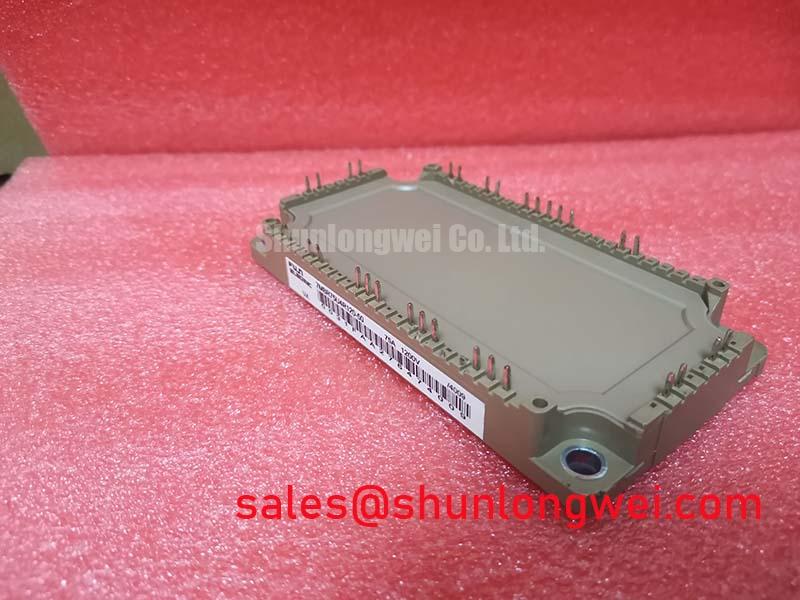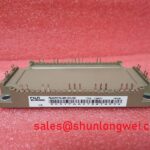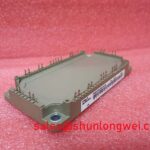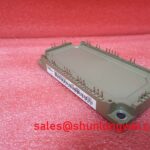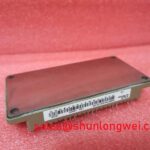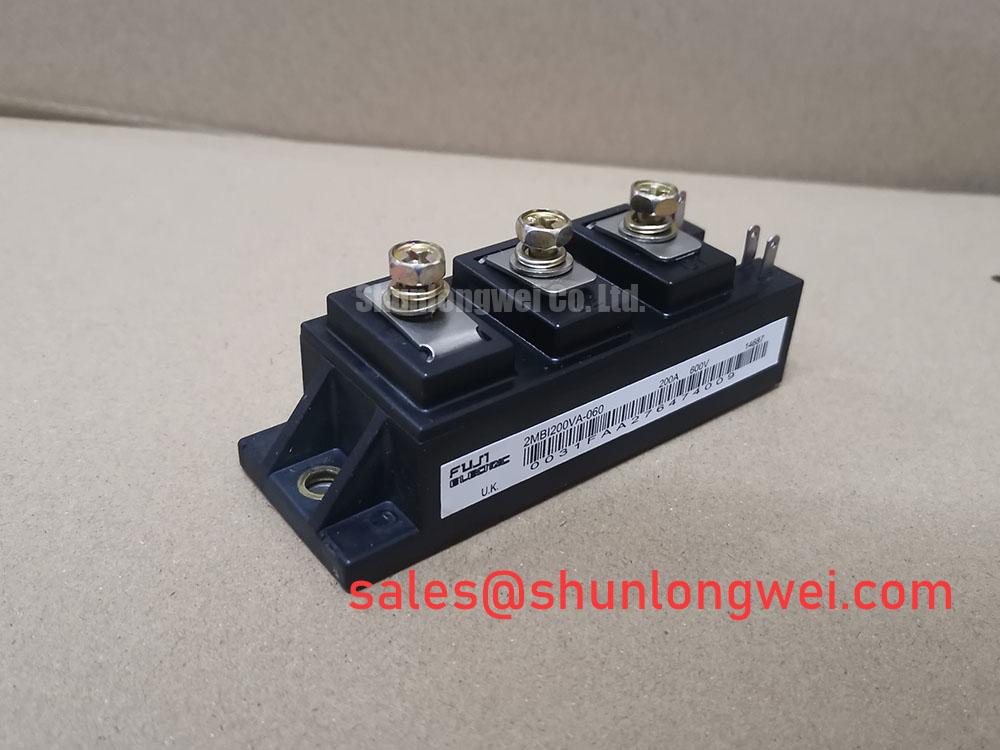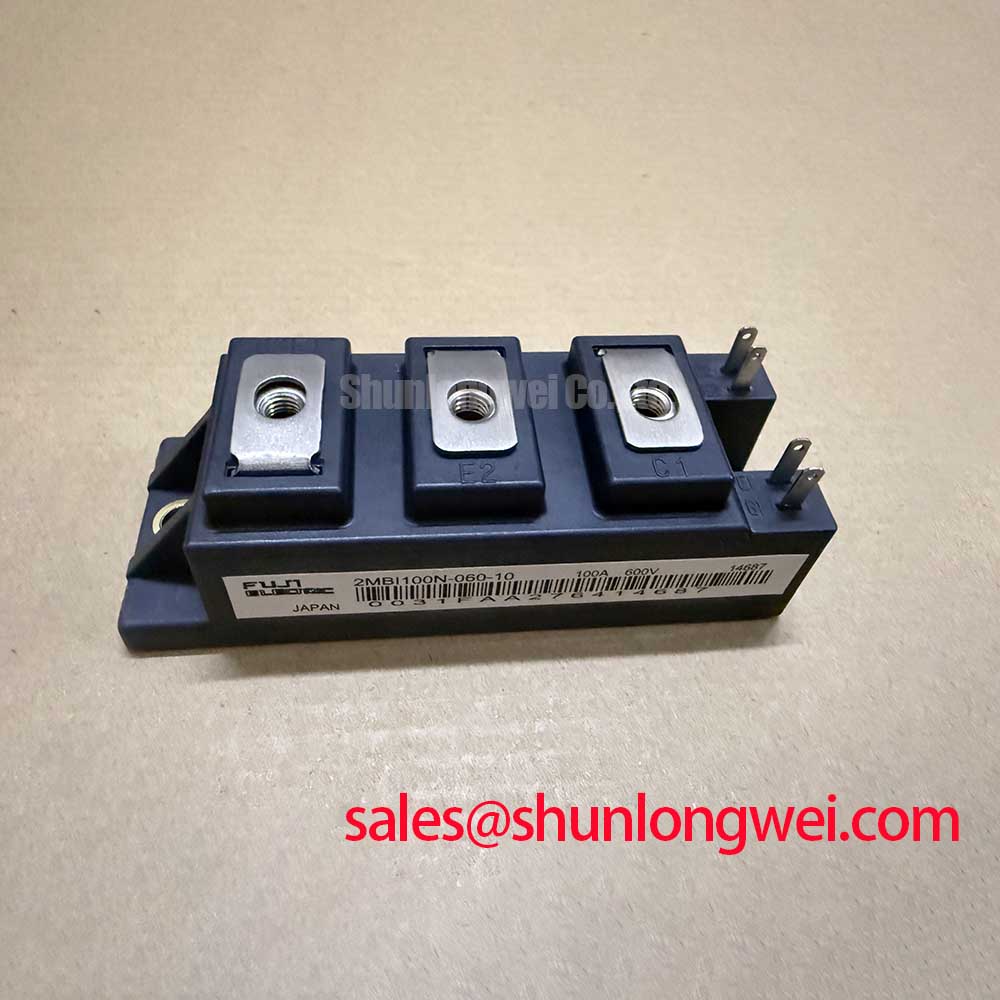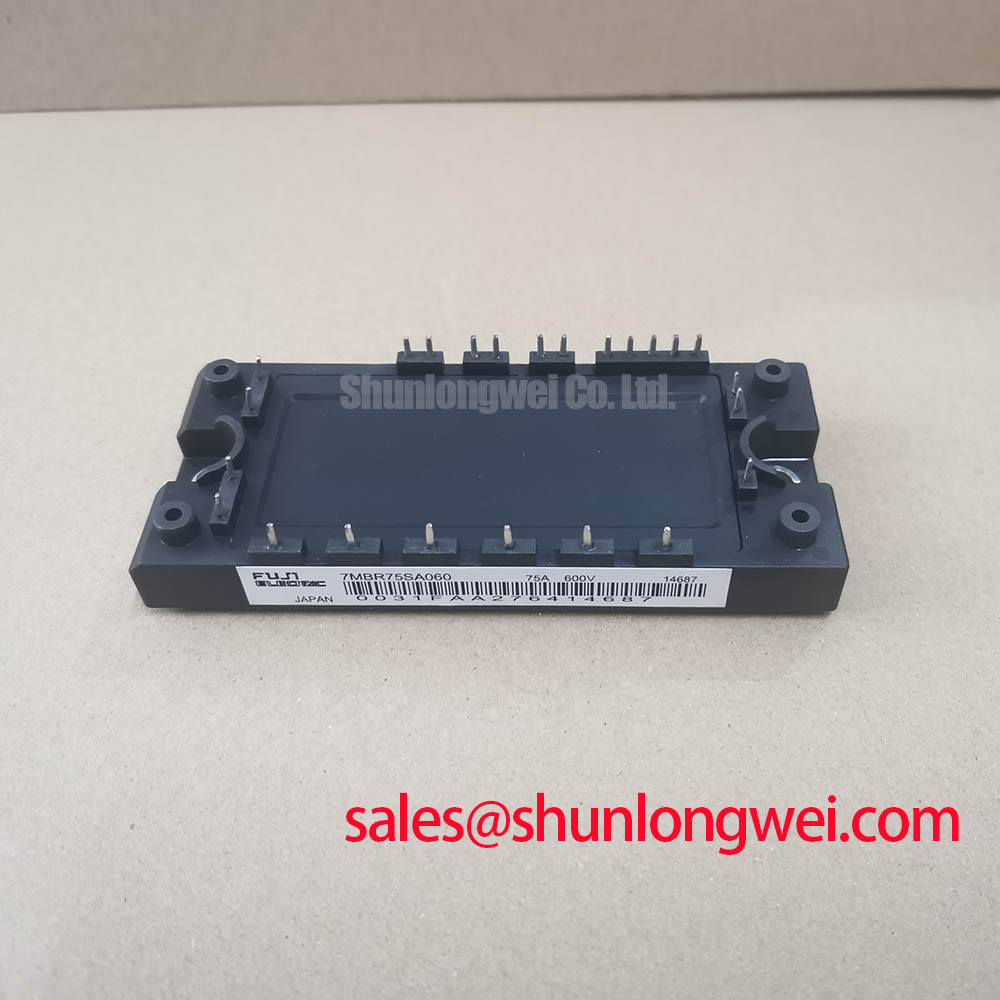Content last revised on February 3, 2026
7MBR75U4R1-120-50: Integrated 7-Pack IGBT Module for Compact Motor Drives
Executive Summary: Key Features & Specifications
Engineered for High-Density Power Conversion
The Fuji Electric 7MBR75U4R120-50 is a V-Series Power Integrated Module (PIM) designed to streamline the power stage of small to medium-sized motor drives by integrating a three-phase converter, a three-phase inverter, and a brake circuit into a single compact package. With its core specifications of 1200V | 75A (Inverter) | Low VCE(sat), this module delivers a robust solution focused on reducing system complexity and enhancing thermal performance. Key engineering benefits include a significantly smaller footprint and simplified assembly. What is the primary benefit of its 7-in-1 topology? A drastic reduction in component count and simplified PCB layout for faster design cycles. For applications requiring lower power, the related 7MBR50VP120-50 provides a 50A alternative within a similar package.
Key Parameter Overview
Decoding the Specs for Enhanced Thermal Reliability
The technical specifications of the 7MBR75U4R120-50 are optimized for efficiency and reliability in demanding industrial applications. The highlighted parameters below are critical for thermal design, loss calculation, and ensuring operational stability.
| Parameter | Symbol | Conditions | Value | Unit |
|---|---|---|---|---|
| Inverter Collector-Emitter Voltage | VCES | - | 1200 | V |
| Inverter Continuous Collector Current | Ic | Tc=100°C | 75 | A |
| Inverter Collector-Emitter Saturation Voltage | VCE(sat) | Tj=125°C, Ic=75A | 1.8 (Typ.) / 2.35 (Max.) | V |
| Converter Repetitive Peak Reverse Voltage | VRRM | - | 1600 | V |
| Converter Average Output Current | Io | - | 75 | A |
| Max Junction Temperature (Inverter, Brake) | Tjmax | - | 175 | °C |
Application Scenarios & Value
Achieving System-Level Benefits in High-Density Motor Drives
The 7MBR75U4R120-50 is engineered for applications where space, assembly cost, and reliability are paramount. Its integrated 7-in-1 topology makes it a standout choice for compact Variable Frequency Drives (VFDs), AC servo drive amplifiers, and small-scale uninterruptible power supplies (UPS). For system designers, the primary challenge in these applications is often managing the power density—fitting a complete, thermally stable power stage onto a constrained PCB. The 7MBR75U4R120-50 directly addresses this by consolidating the AC-DC rectification, DC-link braking, and DC-AC inversion stages. This integration is like replacing seven separate, specialized tools with a single, high-quality multi-tool; it not only saves space but also reduces the number of electrical connections and mounting processes, inherently lowering the potential points of failure and simplifying manufacturing. For systems demanding higher current capabilities, such as larger motor drives, the related 7MBR100VX120-50 offers a 100A rating in a compatible footprint.
Technical Deep Dive
Analysis of the V-Series PIM Architecture
At the core of the 7MBR75U4R120-50 is Fuji Electric's V-Series IGBT technology, which is optimized for a balance between low conduction losses (VCE(sat)) and switching performance. The module's low typical VCE(sat) of 1.8V at a nominal current of 75A is a critical parameter. This specification directly translates to lower power dissipation during the on-state, which is the dominant loss factor in motor drive applications operating at lower to moderate switching frequencies. Think of VCE(sat) as the "friction" the current encounters when the switch is closed; a lower value means less energy is wasted as heat. This allows for the use of smaller heatsinks and contributes to higher overall inverter efficiency, a key requirement for meeting modern energy standards.
Industry Insights & Strategic Advantage
The Role of Integrated Modules in Modern Industrial Automation
The trend in industrial automation and robotics is toward more decentralized, compact, and intelligent drive systems. The 7MBR75U4R120-50 aligns perfectly with this trajectory. By providing a pre-packaged and optimized power core, it enables engineers to accelerate their design cycle and focus on higher-level control and communication features. The high degree of integration simplifies compliance with electromagnetic compatibility (EMC) standards, such as IEC 61800, by minimizing the length of high-current switching loops, which are a primary source of electromagnetic interference (EMI). This module serves as a foundational building block for creating cost-effective and reliable motion control systems that power everything from automated logistics to precision manufacturing equipment.
Frequently Asked Questions (FAQ)
What is the primary advantage of the 7MBR75U4R120-50's integrated 7-in-1 PIM topology?
The main benefit is system simplification. By combining the input rectifier, brake chopper, and output inverter into one component, it significantly reduces PCB space, lowers assembly complexity and cost, and improves reliability by minimizing external connections and stray inductance.
How does the maximum junction temperature of 175°C for the inverter section benefit a design?
A higher Tjmax provides a greater thermal operating margin. This allows the module to handle temporary overload conditions more robustly and offers more flexibility in heatsink design. It can lead to a more compact overall system, as the cooling solution may not need to be over-specified for worst-case scenarios.
Is the 7MBR75U4R120-50 suitable for applications with hard switching topologies?
Yes, this module is designed for typical motor drive applications which predominantly use hard-switching PWM schemes. Its V-Series technology provides a well-balanced trade-off between conduction and switching losses, making it effective for the switching frequencies commonly found in industrial inverters (typically 2-15 kHz).
Strategic Outlook
As industrial systems continue to demand higher power density and faster development cycles, the strategic value of integrated power modules like the 7MBR75U4R120-50 becomes increasingly clear. This component is not merely a collection of transistors but a pre-engineered solution that de-risks the most critical part of a power converter design. Its architecture allows engineering teams to allocate resources more efficiently, moving from component-level thermal and electrical challenges to system-level innovation and performance optimization.



